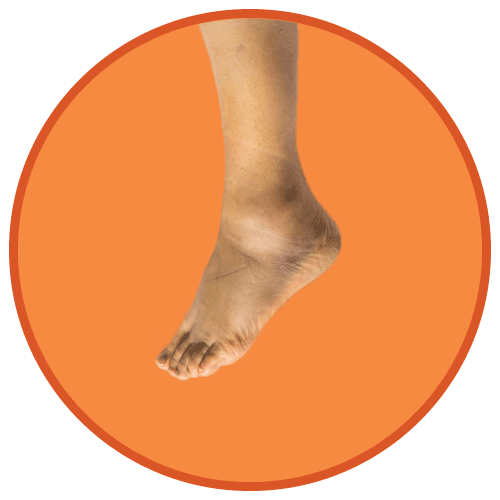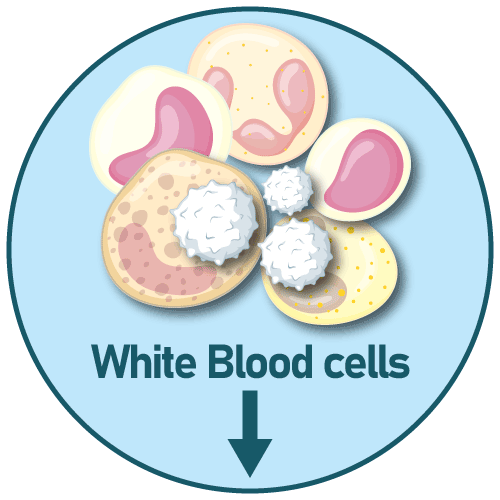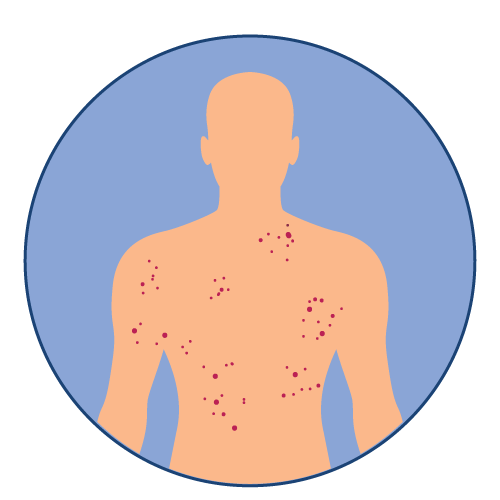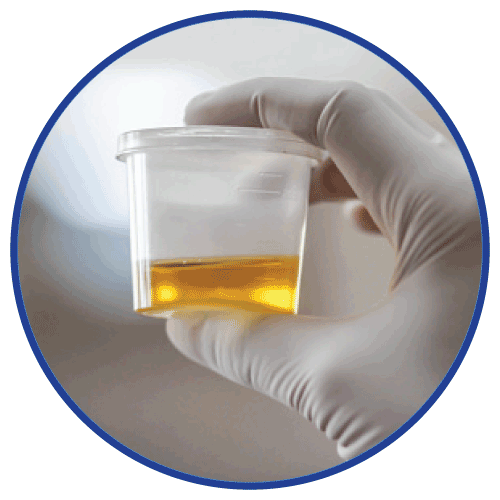| Name | Chlorthalidone |
| Classes |
Cardiovascular Agent Diuretic Thiazide Diuretic |
| Diseases |
Cardiovascular Disease Congestive Heart Failure (CHF) Edema Hypertension (High Blood Pressure) |
Chlorthalidone
Chlorthalidone is a thiazide diuretic with antihypertensive activity. The drug produces diuresis with increased excretion of sodium and chloride.
Chlorthalidone is indicated for the following conditions-
- Hypertension
- Edema associated with congestive heart failure, renal dysfunction hepatic cirrhosis, and corticosteroid and estrogen therapy.
- Chlorthalidone Tablets USP 15 mg and 25 mg tablets are for oral administration.
- Chlorthalidone cannot be substituted with other formulations of chlorthalidone.
- Therapy should be initiated with the lowest possible dose, then titrated according to individual patient response. A single dose given in the morning with food is recommended; divided doses are unnecessary.
The following adverse reactions have been observed, but there is not enough systematic collection of data to support an estimate of their frequency.
- Gastrointestinal System Reactions: anorexia, gastric irritation, nausea, vomiting, cramping, diarrhea, constipation, jaundice (intrahepatic cholestatic jaundice), pancreatitis.
- Central Nervous System Reactions: dizziness, vertigo, paresthesia, headache, xanthopsia.
- Hematologic Reactions: leukopenia, agranulocytosis, thrombocytopenia, aplastic anemia.
- Dermatologic-Hypersensitivity Reactions: purpura, photosensitivity, rash, urticaria, necrotizing angiitis (vasculitis) (cutaneous vasculitis), Lyell’s syndrome (toxic epidermal necrolysis).
- Cardiovascular Reaction: Orthostatic hypotension may occur and may be aggravated by alcohol, barbiturates or narcotics.
- Other Adverse Reactions: hyperglycemia, glycosuria, hyperuricemia, muscle spasm, weakness, restlessness, impotence.
- Hypokalemia and other electrolyte abnormalities, including hyponatremia and hypochloremic alkalosis, are common in patients receiving chlorthalidone. These abnormalities are dose-related but may occur even at the lowest marketed doses of chlorthalidone.
- Thiazide-like diuretics have been shown to increase the urinary excretion of magnesium; this may result in hypomagnesemia.
- Calcium excretion is decreased by thiazide-like drugs. Pathological changes in the parathyroid gland with hypercalcemia and hypophosphatemia have been observed in a few patients on thiazide therapy.
- Hyperuricemia may occur or frank gout may be precipitated in certain patients receiving chlorthalidone.
- Increases in serum glucose may occur and latent diabetes mellitus may become manifest during chlorthalidone therapy. Chlorthalidone and related drugs may decrease serum PBI levels without signs of thyroid disturbance.
Contraindication
Known hypersensitivity to chlorthalidone or other sulfonamide-derived drugs, such as-
None known.
Contraindicated in Anuria.
 Bangla
Bangla English
English







